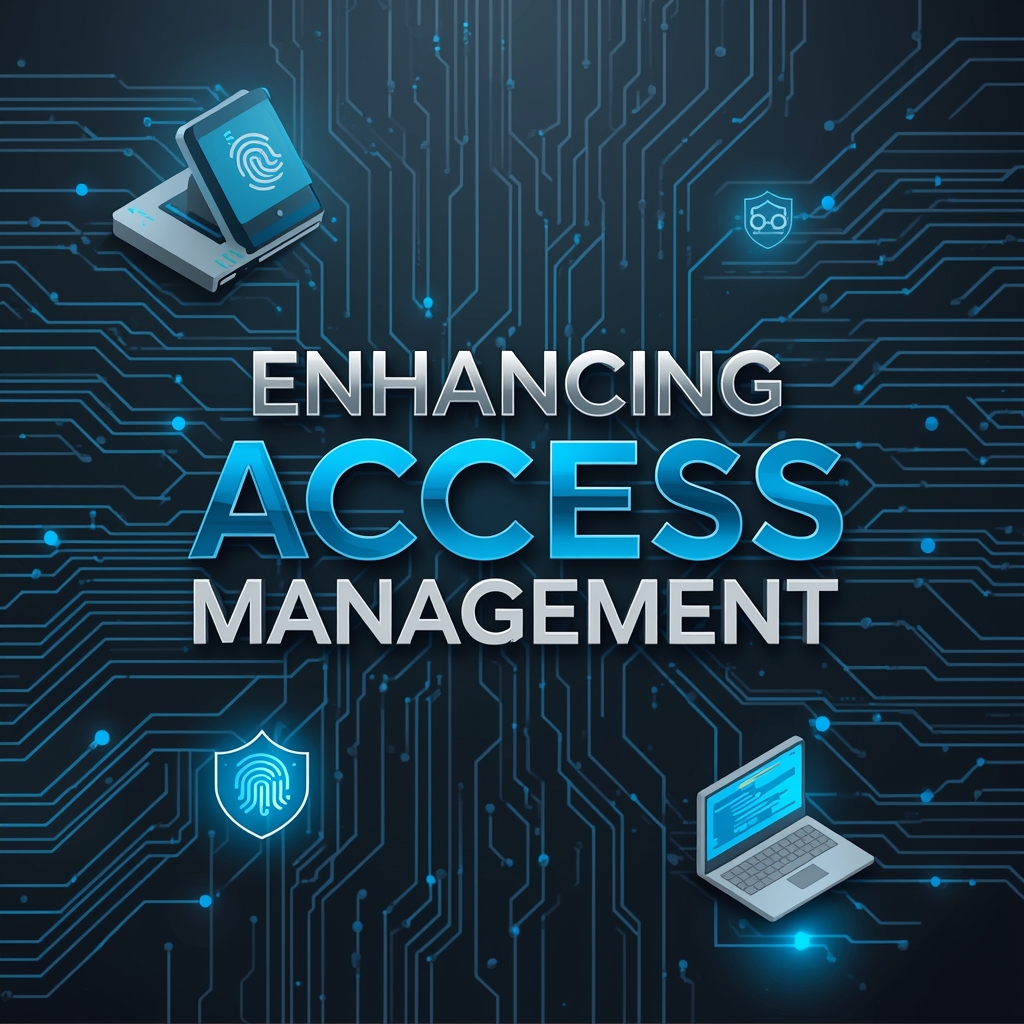Artificial Intelligence (AI) is rapidly reshaping the way professional services are delivered, transforming day-to-day operations for sectors such as finance, legal, consulting and healthcare. AI’s potential lies in its ability to process vast amounts of data with unprecedented speed and accuracy, driving efficiency and innovation in environments where complexity and compliance requirements often translate to significant manual workloads and administrative bottlenecks. As digital transformation priorities intensify, integrating AI into professional services is setting new standards for accuracy, productivity and risk mitigation, which are reshaping the expectations of clients and providers alike. This shift goes beyond automation, unlocking opportunities to focus on higher-value tasks and rethinking how organizations deliver specialized services.
Understanding the Impact of AI on Professional Services
Within professional services, processes such as document management, customer onboarding, compliance monitoring and data analysis have historically relied on significant manual input and specialized expertise. With AI-driven tools, firms can automate repetitive tasks, extract insights from unstructured data and anticipate emerging risks in real time. For instance, AI algorithms can scan thousands of contracts to flag non-compliance, help lawyers identify relevant case precedents or assist financial consultants in analyzing regulatory guidelines. As AI improves in pattern recognition and natural language processing, its role expands from support functions to deeply embedded value drivers within professional workflows. This evolution makes it possible to repurpose staff resources toward judgment-based activities and complex client engagement rather than administrative overhead.
Automation and Workflow Optimization
Reducing Manual Labor
By automating standardized processes and routine inquiries, firms can reduce human error while processing client requests faster and more accurately. AI-powered chatbots and virtual assistants streamline communication with clients, automate compliance checks and handle documentation tasks, freeing up valuable human resources for nuanced decision-making. Workflow integration tools powered by AI can also route tasks more efficiently, intelligently prioritize work based on urgency or regulatory impact and trigger early warnings for potential process gaps. These capabilities accelerate project delivery and reduce turnaround times, helping service providers stay ahead in highly competitive markets.
Enhancing Resource Allocation
AI analyzes historical project data to optimize future resource allocation, ensuring the right expertise is applied to each challenge and minimizing idle time or overburdened staff. Machine learning models can track project complexity, predict resource needs and suggest real-time adjustments, which leads to improved project outcomes and client satisfaction. This adaptive approach is particularly valuable in fields such as consulting and financial services, where regulatory demands, client preference and market volatility require agile resource management. AI’s contribution helps teams remain flexible and proactive in a landscape defined by constant change.
Improving Accuracy and Compliance
Elevating Regulatory Adherence
One of the most significant benefits of AI integration is the enhancement of regulatory compliance within professional services. AI systems equipped with rule-based analysis and anomaly detection tools can continually monitor transactions, flag suspicious activity and validate that organizational processes align with legal mandates such as GDPR, SOX or ISO 27001. This real-time oversight reduces the risk of oversight or non-compliance, particularly in sectors such as finance or healthcare where penalties for regulatory failures are steep. AI can further generate comprehensive audit trails, supporting documentation and evidence required for continual regulatory reviews with minimal human intervention.
Strengthening Data Security
AI-driven security frameworks help organizations respond quickly to emerging threats by analyzing system logs, identifying zero-day exploits and recommending proactive actions to prevent breaches. Automated access management and role-based controls enhance the protection of sensitive client data, which is essential in professional environments where data integrity is paramount. These solutions adapt to evolving risk environments by learning from attempted attacks, dynamically adjusting controls and alerting necessary stakeholders to any potential vulnerabilities without delay.
Transforming Client Engagement and Experience
Personalization Through Data Insights
AI integration allows professional service providers to personalize offerings by leveraging client interactions, behavioral analytics and historical data. Advanced machine learning models can segment client needs, recommend relevant service enhancements and predict future requirements, laying the groundwork for more tailored and meaningful engagement. These capabilities drive client loyalty and retention since clients perceive added value through proactive service recommendations and reduced response times. Communication tools powered by AI facilitate quicker and more accurate information exchange, helping professionals anticipate client questions and provide informed answers instantly.
Empowering Real-Time Support
AI-enabled platforms offer real-time support, handling inbound client inquiries, troubleshooting common issues and escalating complex cases to human experts as needed. This hybrid approach, balancing AI automation and professional intuition, enhances satisfaction and trust by ensuring clients receive timely, accurate and context-aware support. The system self-improves with each interaction, learning from client feedback to deliver ever-more effective engagement in the future. This helps service providers create long-lasting relationships that extend beyond transactional exchanges.
Driving Innovation and Future-Proofing Operations
AI’s ongoing contribution to professional services is reflected in its ability to predict trends, identify emerging business risks and facilitate strategic decision-making. Predictive analytics tools guide organizations in making informed moves regarding market entry, portfolio diversification or compliance policy changes. AI-based scenario modeling can reveal unforeseen dependencies or weak links in operational processes, providing a powerful framework for continuous improvement. The adoption of AI in service delivery streamlines legacy workflows, making organizations more responsive to unique client demands and regulatory changes while creating systems that can adapt to new challenges as they arise.
The road to effective AI integration is not without its obstacles. Professional services firms often need to invest in upskilling their workforce, transforming their data management practices and aligning AI adoption with broader business objectives. Ensuring transparency in AI-driven decisions is critical, requiring clear documentation and explanation of how AI arrives at specific recommendations or outputs. Adopting best practices, such as phased rollouts, ongoing staff training and robust data governance, ensures that firms achieve security, compliance and operational excellence as they transition toward digital-first delivery models. Collaborating with trusted technology partners and seeking continual feedback both from clients and frontline professionals are essential in establishing AI frameworks that balance automation with ethical responsibility.





